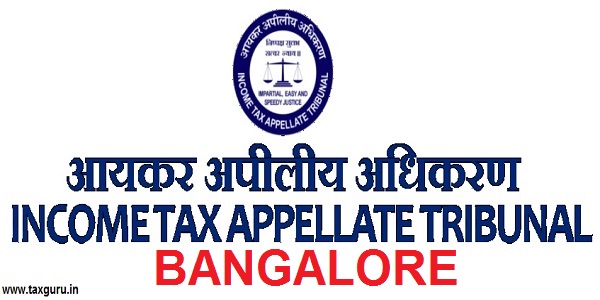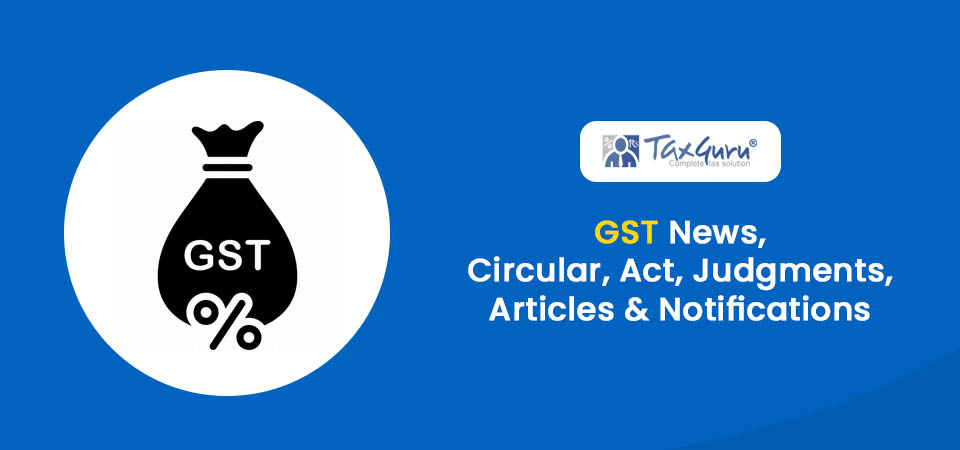The commerce department has sought a ‘middle of the road’ solution to the taxation problems thrown up by the draft direct taxes code for special economic zone that enjoy substantial tax concession. In a letter to the revenue department, the department has suggested ways in which the finance ministry could implement the new tax dispensation so that the investments already made in the zones continue to get the incentives promised under the current rules.
“SEZ developers and units have to be given some sort of assurance that the current tax incentives would continue for some time,” a commerce ministry official said. The direct taxes code, or DTC, seeks to do away with the tax exemptions for all the units located in these special economic zones and has suggested replacing profit-linked exemptions available to developers of these enclaves of export excellence with investment-linked exemptions.
Interestingly, the opposition to the proposal comes despite the fact that the proposed tax regime would affect the zones and units which come up after April 1, 2011, the expected date for implementing the DTC.
The department is of the view that though the regime will apply prospectively, it does create uncertainties for investors.
For instance, a SEZ that is under development could get caught in the transition. Investments from units that the developer was counting on may not flow in as envisaged because they would no longer be eligible for tax exemptions.
“This could lead to all profitability calculations made by the developer go awry,” the official said.
While the official refused to give details of all proposals made by the department as it would “first need to be discussed with the finance ministry’’, he said that it was a solution which would ensure that SEZ developers and units do not feel short changed.
SEZ developers are, however, reluctant to shift to the new taxation regime. R K Sonthalia, chairman of export promotion council for EoUs and SEZs, said income tax benefits are not given to SEZ units nobody would want to invest in them.
In a meeting with finance minister Pranab Mukherjee and commerce and industry minister Anand Sharma, the council pointed out that indirect tax benefits were available outside SEZs under schemes such as the focus product scheme and focus market schemes which were not available to exporters within SEZs, and no investor would, thus, want to invest in units in SEZs.
Mr Sonthalia went to the extent to saying that the revised DTC would lead to curtains for the SEZ scheme.
Under the present SEZ regime, SEZ units get 100% tax exemption on profits earned for the first five years, a 50% exemption for the next five years and another 50% exemption on re-invested profits in the following five years. SEZ developers, on the other hand, get 100% tax exemption on profits for ten years which they can choose in the block of the first fifteen years.
Once the DTC gets implemented, tax benefits enjoyed by SEZs, especially in sectors like IT where investments are low, could go down considerably. Developers may also have to pay a minimum alternative tax (MAT) of 18% as the proposed DTC has no provision of giving any sector exemption from MAT.


























the SEZs need to continue to get the tax exemptions under the Central and State SEZ acts. The act is only few years old and the benefit of this model will be seen only after some few years
I would like to subscribe and would like to know the updates